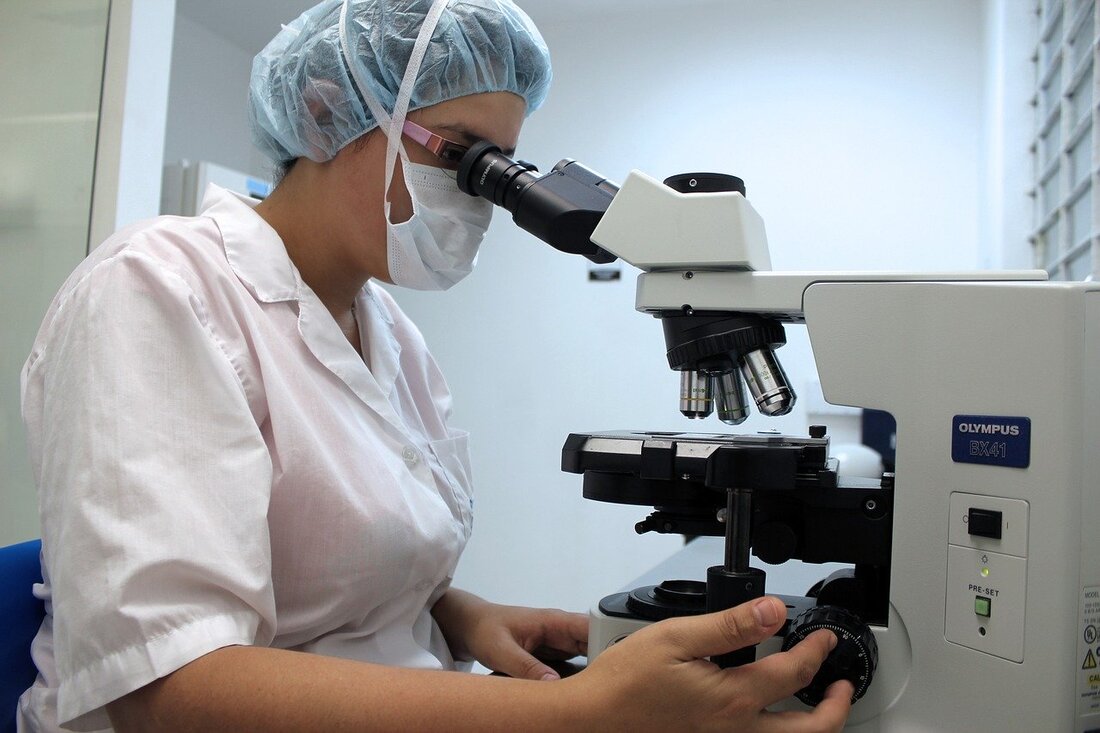COMPOUNDING
|
Pharmacy compounding is the art and science of preparing personalized medications for patients. Compounded medications are custom made for each patient– individual ingredients are mixed together in the exact strength and dosage form required by the patient. This method allows the compounding pharmacist to work with the patient and the physician to customize a medication to meet the patient’s specific needs. Read more about compounding. |
Learn about different applications of compounding medications
|
Search our extensive collection of related materials
|
|
FREQUENTLY ASKED QUESTIONS about Compounding
Are compounds covered by my insurance?
Many insurance companies are covering compounds including Medicare and Medicaid
What are the benefits of compounding?
There are virtually unlimited options available through customized and compounded medications. Customized medications make available many products and benefits not found in commercially available medications, such as:
Yes. Children and the elderly are often the types of patients who benefit most from compounding. Often, parents have a tough time getting their children to take medicine because of the taste. A compounding pharmacist can work directly with the physician and the patient to select a flavoring agent, such as vanilla butternut or tutti frutti, which provides both an appropriate match for the medication’s properties and the patient’s taste preferences.
Is Compounding Expensive?
Not necessarily. Its cost depends on the type of dosage form and equipment required, plus the time spent researching and preparing the medication. Fortunately, compounding pharmacists have access to pure-grade quality chemicals which dramatically lower overall costs and allow them to be very competitive with commercially manufactured products.
Is compounding legal? Is it safe?
Compounding has been part of healthcare since the origins of pharmacy, and is used widely today in all areas of the industry, from hospitals to nuclear medicine. Over the last decade, the compounding industry’s resurgence has largely benefited from advances in technology, quality control and research methodology. The Food and Drug Administration has stated that compounded prescriptions are both ethical and legal as long as they are prescribed by a licensed practitioner for a specific patient and compounded by a licensed pharmacy. In addition, compounding is regulated by state boards of pharmacy.
In every field of medicine, there are some patients who don’t respond to traditional methods of treatment. Sometimes they need medicine at strengths that are not manufactured by drug companies. Sometimes they simply need a different method of ingesting a medication. Pharmaceutical compounding meets these needs. It provides a way for doctors and compounding pharmacists to customize an individual prescription for the specific needs of their patient.
What kinds of prescriptions can be compounded?
Almost any kind. Compounded prescriptions are ideal for any patient requiring unique dosages and/or delivery devices, which can take the form of solutions, suppositories, sprays, oral rinses, lollipops and even as transdermal sticks. Compounding applications can include: Bio-identical Hormone Replacement Therapy, Veterinary, Hospice, Pediatric, Ophthalmic, Dental, Otic (for the ear), Dermatology, Medication Flavoring, Chronic Pain Management, Neuropathies, Sports Medicine, Infertility, Wound Therapy, Podiatry and Gastroenterology.
Many insurance companies are covering compounds including Medicare and Medicaid
What are the benefits of compounding?
There are virtually unlimited options available through customized and compounded medications. Customized medications make available many products and benefits not found in commercially available medications, such as:
- Alternative dosage forms
- Physician specific formulations
- Combination drug therapies
- Modified dosages
- Cost effective therapy
- Back-ordered and/or discontinued medications
Yes. Children and the elderly are often the types of patients who benefit most from compounding. Often, parents have a tough time getting their children to take medicine because of the taste. A compounding pharmacist can work directly with the physician and the patient to select a flavoring agent, such as vanilla butternut or tutti frutti, which provides both an appropriate match for the medication’s properties and the patient’s taste preferences.
Is Compounding Expensive?
Not necessarily. Its cost depends on the type of dosage form and equipment required, plus the time spent researching and preparing the medication. Fortunately, compounding pharmacists have access to pure-grade quality chemicals which dramatically lower overall costs and allow them to be very competitive with commercially manufactured products.
Is compounding legal? Is it safe?
Compounding has been part of healthcare since the origins of pharmacy, and is used widely today in all areas of the industry, from hospitals to nuclear medicine. Over the last decade, the compounding industry’s resurgence has largely benefited from advances in technology, quality control and research methodology. The Food and Drug Administration has stated that compounded prescriptions are both ethical and legal as long as they are prescribed by a licensed practitioner for a specific patient and compounded by a licensed pharmacy. In addition, compounding is regulated by state boards of pharmacy.
In every field of medicine, there are some patients who don’t respond to traditional methods of treatment. Sometimes they need medicine at strengths that are not manufactured by drug companies. Sometimes they simply need a different method of ingesting a medication. Pharmaceutical compounding meets these needs. It provides a way for doctors and compounding pharmacists to customize an individual prescription for the specific needs of their patient.
What kinds of prescriptions can be compounded?
Almost any kind. Compounded prescriptions are ideal for any patient requiring unique dosages and/or delivery devices, which can take the form of solutions, suppositories, sprays, oral rinses, lollipops and even as transdermal sticks. Compounding applications can include: Bio-identical Hormone Replacement Therapy, Veterinary, Hospice, Pediatric, Ophthalmic, Dental, Otic (for the ear), Dermatology, Medication Flavoring, Chronic Pain Management, Neuropathies, Sports Medicine, Infertility, Wound Therapy, Podiatry and Gastroenterology.
